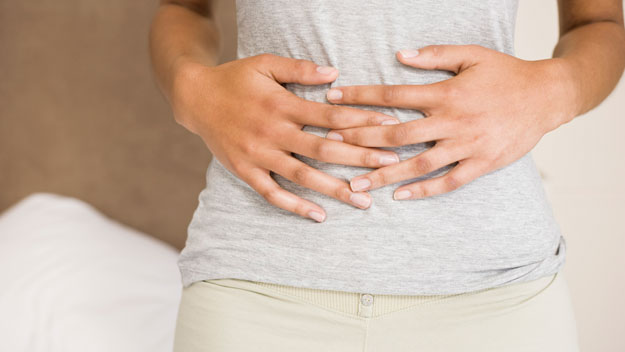With currently 61,000 people living with inflammatory bowel disease (IBD) in Australia, there is work being done to raise public awareness around the issues people with IBD courageously cope with every day of their lives.
So what is IBD?
IBD is a collective term used to describe autoimmune conditions such as Crohn’s disease and ulcerative colitis. These conditions cause the wall of the digestive tract to become inflamed and ulcerated with open sores that may bleed.
The disease is characterised by periods of flare-ups and remission. Common symptoms include abdominal pain, cramping, fatigue, frequent and urgent diarrhoea (may have blood) and severe weight loss. Medical treatment of IBD can involve a variety of medications used to induce and maintain remission.
IBD can occur at any age, but typically strikes during the prime of people’s lives, between the ages of 15 and 30. There is no known cause or cure, and little public knowledge of the significant impact IBD has on quality of life for sufferers.
Malnutrition and IBD
People with IBD can be at risk of malnutrition when the disease is active. When someone with IBD has a flare up, their appetite can decrease, while their nutrient needs can increase due to diarrhoea, bleeding and the body’s need to repair the damage the disease does to the digestive system.
In some cases, a flare up can also actively reduce the body’s ability to absorb nutrients from food. Drug treatment can also impact on nutritional status.
Principles of healthy eating
For most people the key to maintaining good health is to eat a well-balanced diet that includes items from all five core food groups. Emerging research is also indicating some foods may have benefits for those with IBD.
There is some evidence that the anti-inflammatory properties of omega-3 fats may help reduce symptoms of Crohn’s disease. However, more research is needed before this can be confirmed. Foods rich in omega-3 include walnuts, linseeds, soybeans and oily fish.
Probiotics may also be beneficial, though again, more research is needed to confirm this theory.
Your say: Do you have IBD? What types of food agitates the condition? What are suitable substitutes? Share with us below.
For more information, visit www.crohnsandcolitis.com.au and www.gut.nsw.edu.au.




